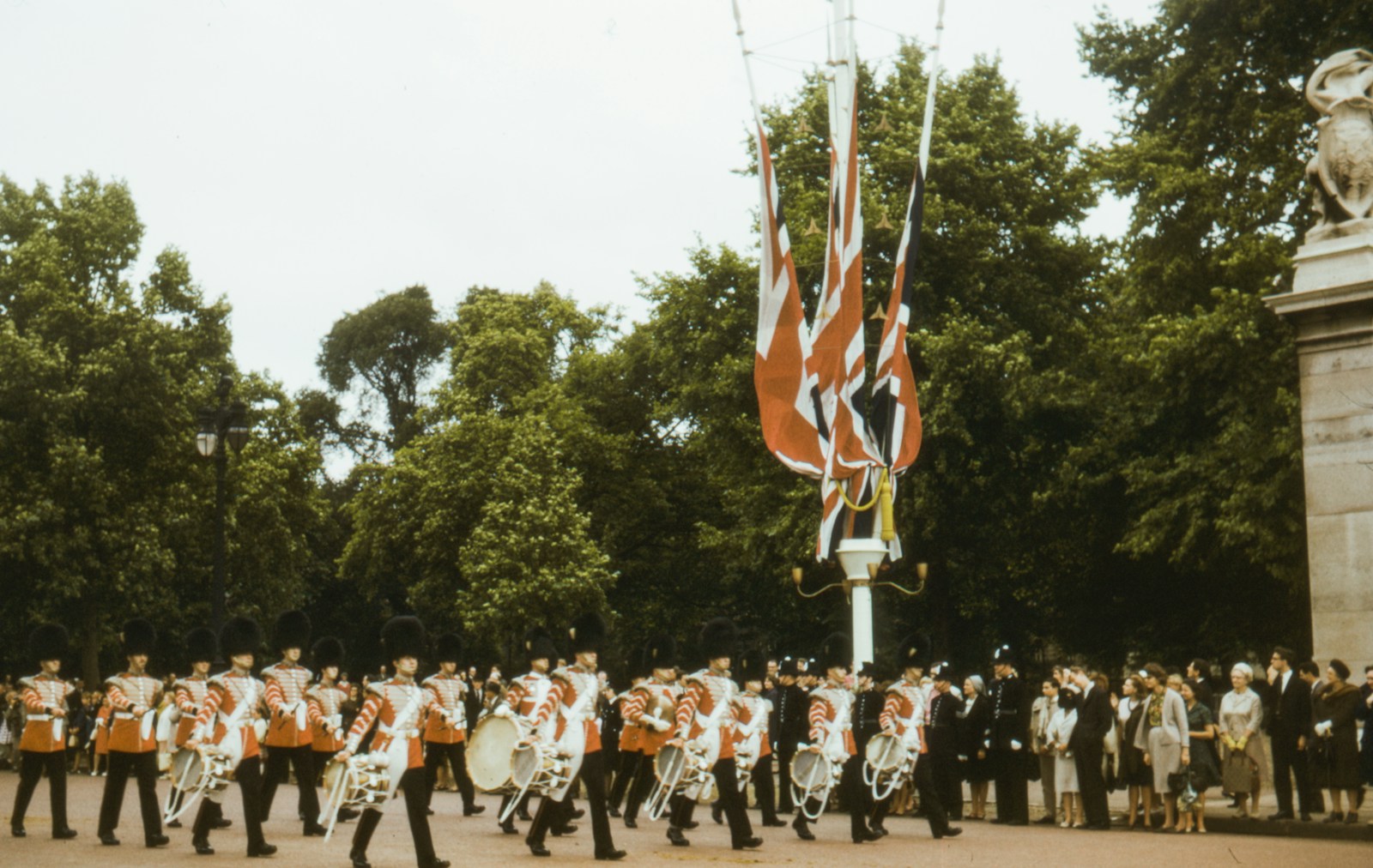
monarquía

monarchy
The word 'monarquía' is a Spanish term that corresponds to the English word 'monarchy'. It refers to a form of government where the power is specifically invested in one individual, who is the monarch or the king/queen. The rule and the power are usually inherited within a certain family. Monarchs may have different roles and powers depending on the country and its specific form of monarchy, some can have absolute power, whereas others are merely symbolic or ceremonial in nature.
Example sentences using: monarquía
La monarquía todavía tiene un rol importante en la política británica.

The monarchy still has an important role in British politics.
In this sentence, 'monarchy' relates to the system of government in which a king or queen is the head of the state. The phrase provides us with an understanding that such system still prevails in British politics and plays a significant part.
Juan Carlos abdicó la monarquía española a favor de su hijo.

Juan Carlos abdicated the Spanish monarchy in favour of his son.
This example talks about Spain's former King, Juan Carlos I, who had abdicated, or given up, his throne to his son. It's a way to express the action of transferring position of monarchy or reigning rights.
La monarquía no es compatible con los principios democráticos.

Monarchy isn't compatible with democratic principles.
The given sentence is a comparison between the concept of monarchy and democracy and it suggests that they are incompatible. In a monarchy, rulers are born or chosen whereas in a democracy, rulers, mostly, are elected by the people.